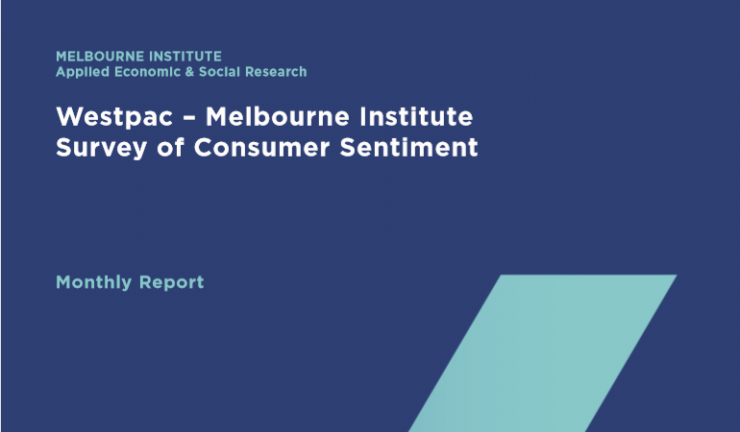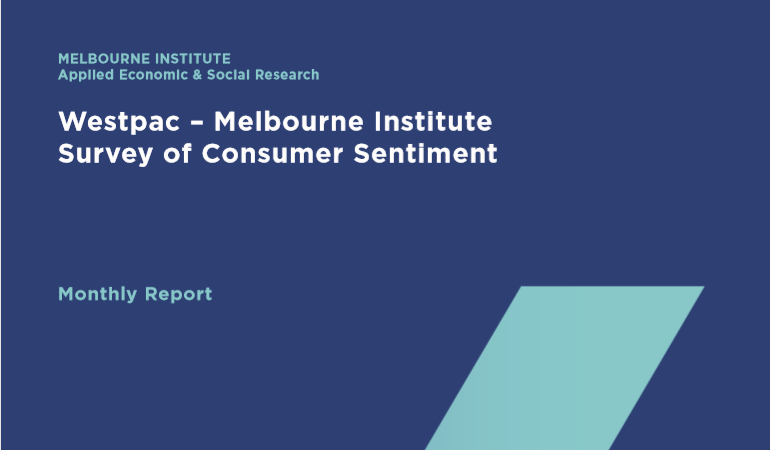Household budgets still under pressure.
The Westpac Melbourne Institute Index of Consumer Sentiment declined 2.3% in August, giving back about half of the strong gains in June and July.
Westpac chief economist, Bill Evans said the gains look to have been partly a positive response to the tax cuts announced in the May Budget, which passed into legislation in June with the first round of cuts coming into effect in July. The June-July gains also came against a backdrop of adverse developments on the global trade front and an emerging price correction in the Sydney and Melbourne housing markets.
All index components recorded declines in August, but the biggest falls were around expectations for the economy. Consumer views around family finances showed a milder pull back in August but remain weaker overall. Household budgets have come under persistent pressure from a range of factors, including the slow growth in wages, rising electricity and petrol costs, and declining house prices.
Consumers also remain relatively downbeat on spending. The ‘time to buy a major household item’ sub-index declined 1.7%, giving up all of last month’s firming.
However, consumer views around housing improved in August with the ‘time to buy a dwelling’ index posting a solid 5.5% gain and is now up 15.1% on a year ago and over 20% from its mid-2017 low. The biggest lifts over the past year have been in Sydney and Melbourne where markets have seen significant price declines.

“The easing rate rise fears evident in consumers’ mortgage rate expectations would have undoubtedly contributed to this lift in housing sentiment,” Evans said. “Consumer expectations for house prices showed solid gains in NSW and Victoria, both up 4.8%.”
The ANZ-Roy Morgan Australian Consumer Confidence index also slipped 0.6% last week, following a 0.8% decline in the previous week. Households’ views towards current financial conditions fell 1.0% only partially offsetting the cumulative 3.5% rise over the previous two weeks.
Consumers’ continued to be less optimistic about current economic conditions with a 1.7% dip last week, on the back of a 2.7% fall in the previous week. The ‘time to buy a household item’ sub-index recorded its fourth consecutive weekly fall, dropping 2.5%.
ANZ head of Australian Economics, David Plank, said while confidence fell modestly for the second straight week, it remained elevated. “The fall occurred despite an upbeat statement and forecasts from the Reserve Bank.”
Plank said geopolitical issues may also be weighing on sentiment. “US-China trade tension was in the news again, supporting the view that they are unlikely to be resolved quickly and a sharp fall in the Turkish lira and its associated impact on financial markets more generally, may also have impacted.”
He said looking past external risks overall domestic conditions are solid,although the consumer remains in the focus.

